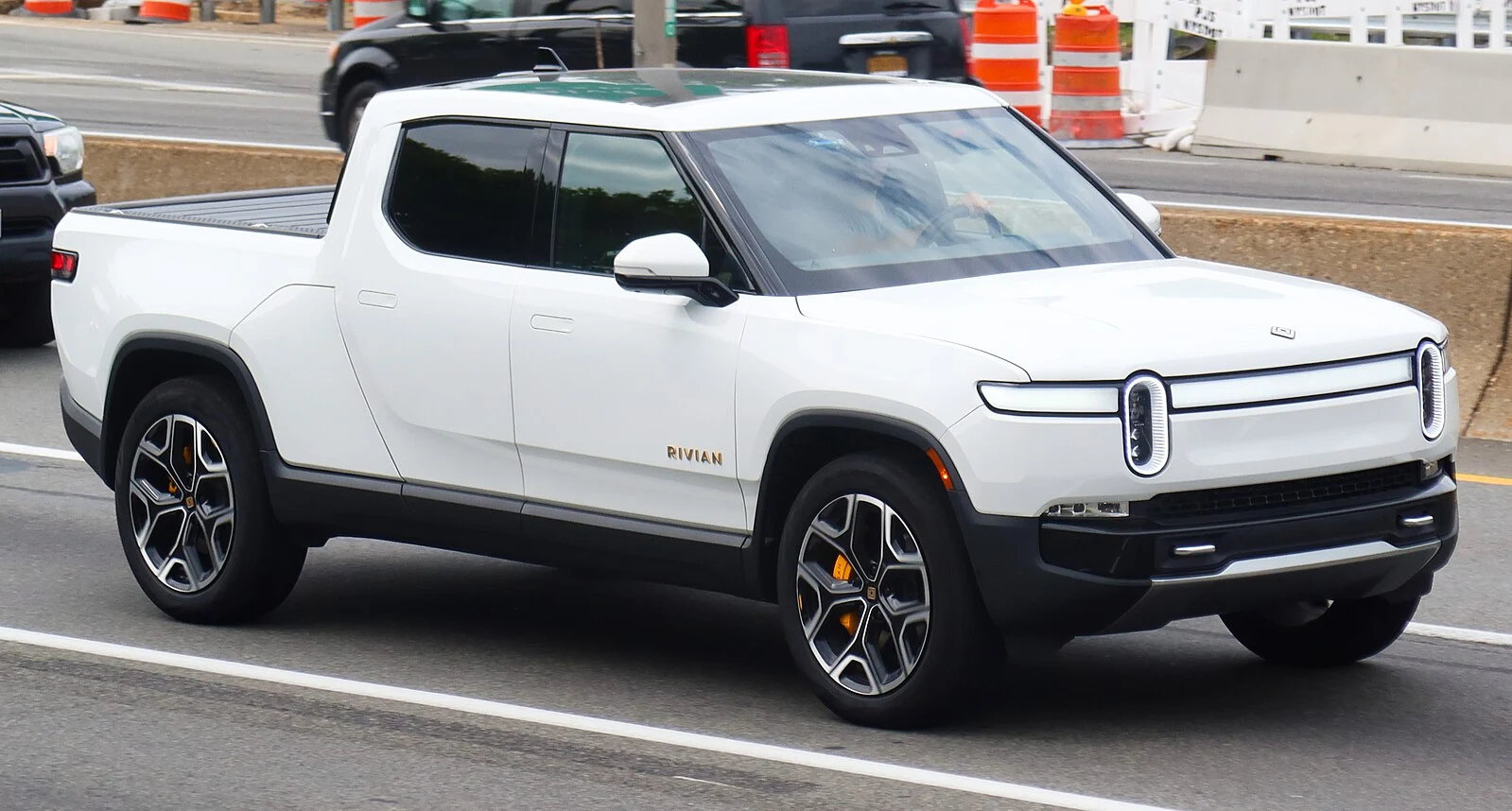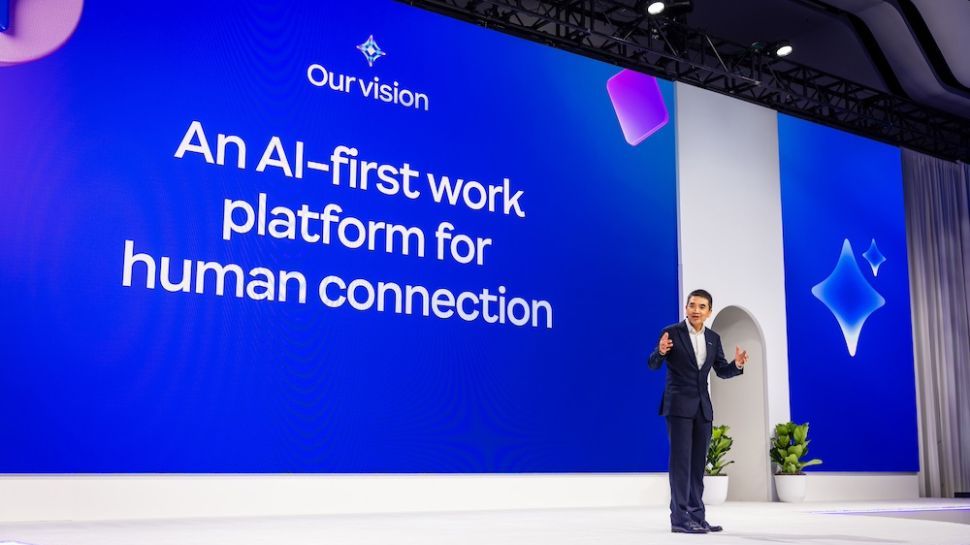Aida Daily: Trump's Tariff Tango / Biden's Rivian Boost / Nvidia's AI Surge / Google Antitrust Battle
Aida Daily
Hello there! Get ready for a wild ride as Trump’s tariff tango shakes North American trade, Biden revives Rivian with billions, and Nvidia’s AI chips soar. Plus, Google faces a major antitrust showdown.
Trump's Tariff Tango Shakes North American Trade

President-elect Donald Trump is threatening a hefty 25% tariff on imports from Canada and Mexico, potentially jolting Mississippi’s $2B trade with Canada. Meanwhile, a 10% hit on Chinese goods adds fuel to the global trade fire. Auto industries brace for price hikes and job risks, while Canada hints at negotiation to dodge economic fallout. As Mexico counters with possible retaliatory tariffs, the U.S.-Canada-Mexico trade dance may lead to unexpected new steps.
Biden’s $6.6B Boost Revives Rivian’s Georgia Gigafactory Amid Political Gears

The Biden administration has handed Rivian Automotive a hefty $6.6 billion loan to resurrect its paused Georgia EV factory near Atlanta. Set to churn out 400,000 affordable R2 and R3 models and create 7,500 jobs, this initiative supports the goal of 50% zero-emission car sales by 2030. Yet, with Trump eyeing a presidential comeback and EV incentives on shaky ground, Rivian sits at the crossroads of high hopes and political plot twists.
Nvidia's AI Chip Triumph: Stocks Soar 185%

Nvidia zooms ahead with a 185% stock surge in 2024, dominating 80% of the AI chip market. Q3 revenues hit $35.1B, up 94%, and fiscal year totals a whopping $60.9B, up 126%. The spotlight is on Dec 3’s UBS conference for updates on the anticipated Blackwell chips slated for Q4 fiscal 2025. With $50B in buybacks and relentless GPU demand, Nvidia remains a heavyweight—despite its wallet-heavy stock price. Investors, hold tight!
DOJ Eyes Chrome and Android in Major Google Antitrust Push

On Aug 5, 2024, Judge Amit Mehta slapped Google with an antitrust ruling, citing its 89% general and 95% mobile search dominance. The DOJ is now nudging—or rather, demanding—that Google sell its Chrome browser or place Android under government oversight to break its stranglehold. Google’s calling the move extreme and gearing up to appeal. With exclusive OEM deals and billions at stake, this tech showdown could reshape the digital landscape.
Busan Summit: Leaders Battle the Plastic Plague

In Busan, 66 countries and the EU are hammering out a crucial treaty to tackle the global plastic crisis, with talks set to conclude in December 2024. This year alone, 220 million tons of plastic waste were generated, projected to soar to 400 million by 2060. While island nations demand stricter production limits, oil giants favor recycling—currently a meager 9%. Amid Donald Trump's opposition, the UN pushes for unity to save our planet and oceans.
Argonne’s Frontier Simulation Breaks Cosmic Barriers

In a stellar achievement, Argonne National Laboratory leveraged the Frontier supercomputer at Oak Ridge to run the largest astrophysical simulation ever, smashing previous records by nearly 300x speed using their upgraded HACC code. Powered by 9,000 Frontier nodes and AMD Instinct™ GPUs, this 2024 milestone from the $1.8B Exascale Computing Project unveils unprecedented insights into dark and atomic matter interactions over billions of years. It’s a universe-sized leap for science, proving that even the cosmos can have a computational speed boost!
JWST Uncovers Universe’s Ancient VIPs

The James Webb Space Telescope's JADES program has spotlighted two of the universe’s earliest galaxies, JADES-GS-z14-0 and JADES-GS-z14-1. These cosmic pioneers existed just 300 million years after the Big Bang, with their light traveling 13.5 billion years to reach us. JADES-GS-z14-0 dazzles as the brightest galaxy of its age, stretching 1,600 light-years. These discoveries, confirmed by JWST’s NIRSpec, NIRCam, and MIRI instruments, suggest the early universe was more vibrant than we imagined—proving once again that space keeps us on our toes.
Zoom 2.0: Chatting Up an AI-Powered Future

Zoom has shed “Video” to become Zoom Communications Inc., launching “Zoom 2.0” as an AI-first work platform. CEO Eric Yuan unveiled the Zoom AI Companion 2.0, promising to boost productivity and maybe even a four-day workweek. Despite fierce competition from Microsoft and Google, Zoom reported Q3 revenues of $1.178B with an 82% jump in Contact Center customers. Analysts are optimistic, raising targets to $97, while Zoom’s $2B share buyback plan shows confidence in their AI-driven pivot.
Uber Scales Up with AI Data Labeling Division

On November 27, 2024, Uber launched Scaled Solutions, its new venture into the booming AI data labeling market. Recruiting gig workers from Canada, the U.S., India, Poland, and Nicaragua, Uber aims to support clients like Aurora Innovation and Niantic. Utilizing platforms like uLabel and Testlab, Scaled Solutions competes with Scale AI’s $14B valuation. While diversifying beyond rideshare, Uber navigates gig economy pay critiques. Will this tech pivot drive Uber to new heights or hit some expected bumps?
TRAIN Act Aims to Keep AI Honest with Artists

Senator Peter Welch's TRAIN Act strides into the legislative arena, targeting AI's backstage use of copyrighted works. If passed, artists can subpoena AI developers’ training data to sniff out unauthorized use, backed by giants like Sony, Universal, and Warner. Non-compliance? Automatically guilty until proven innocent. While compensation isn’t on the menu, transparency is. Although current Congress is busier than a neural network on crunch time, the bill gears up for a 2025 reintroduction, spotlighting the tug-of-war between creativity and AI innovation.
Naujienlaiškis „Aida Daily“
Your AI-curated daily news briefing, spotlighting the latest in technology and global development. Stay informed with insights that matter.